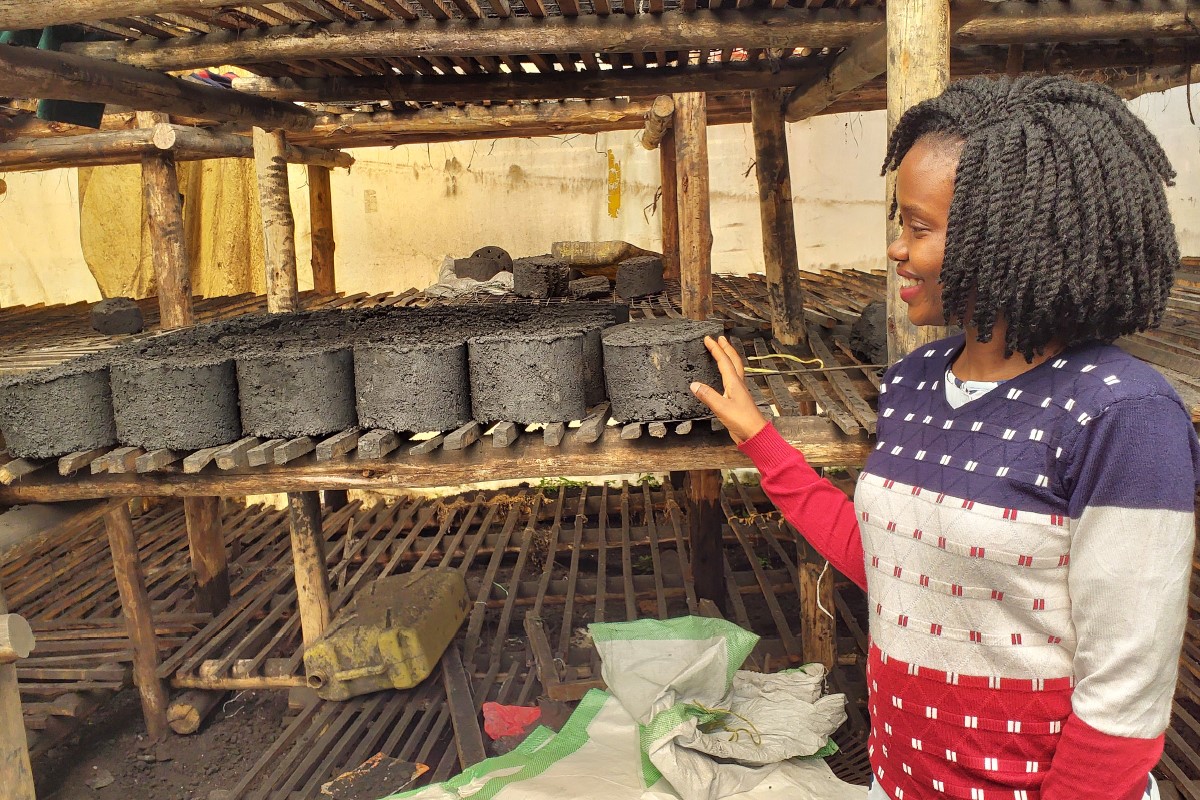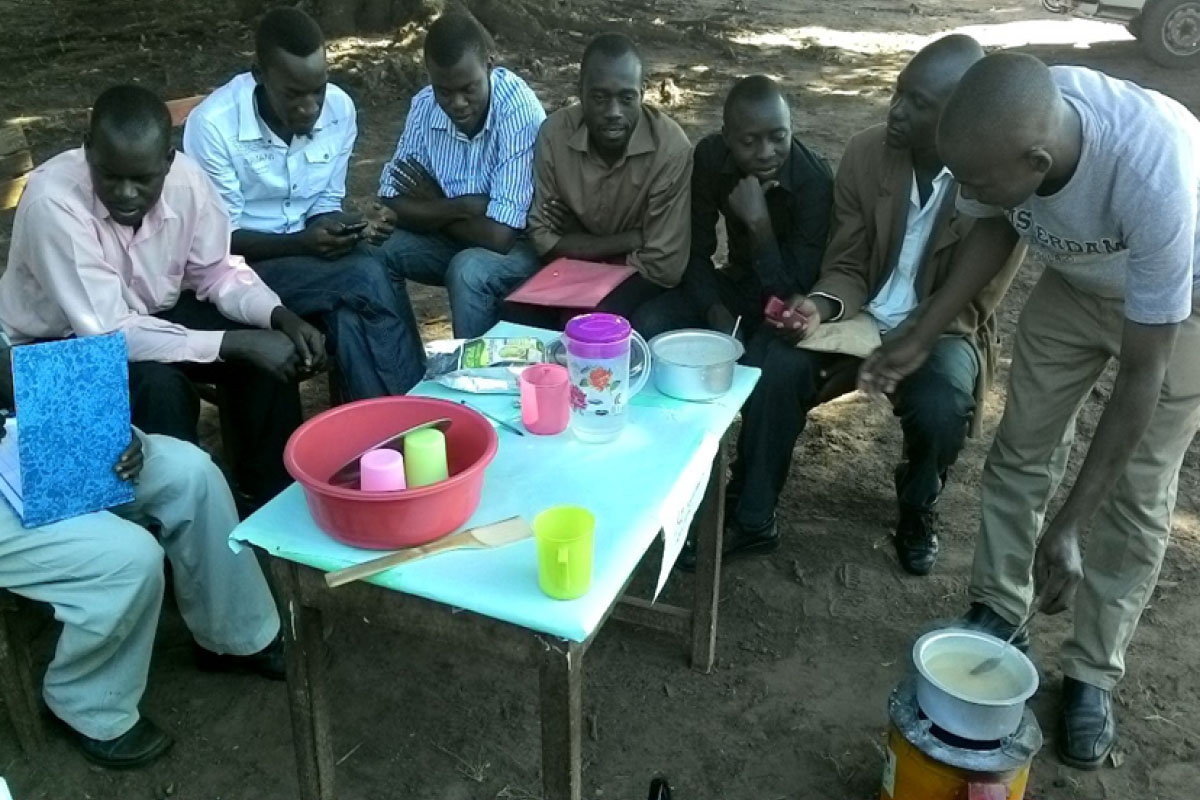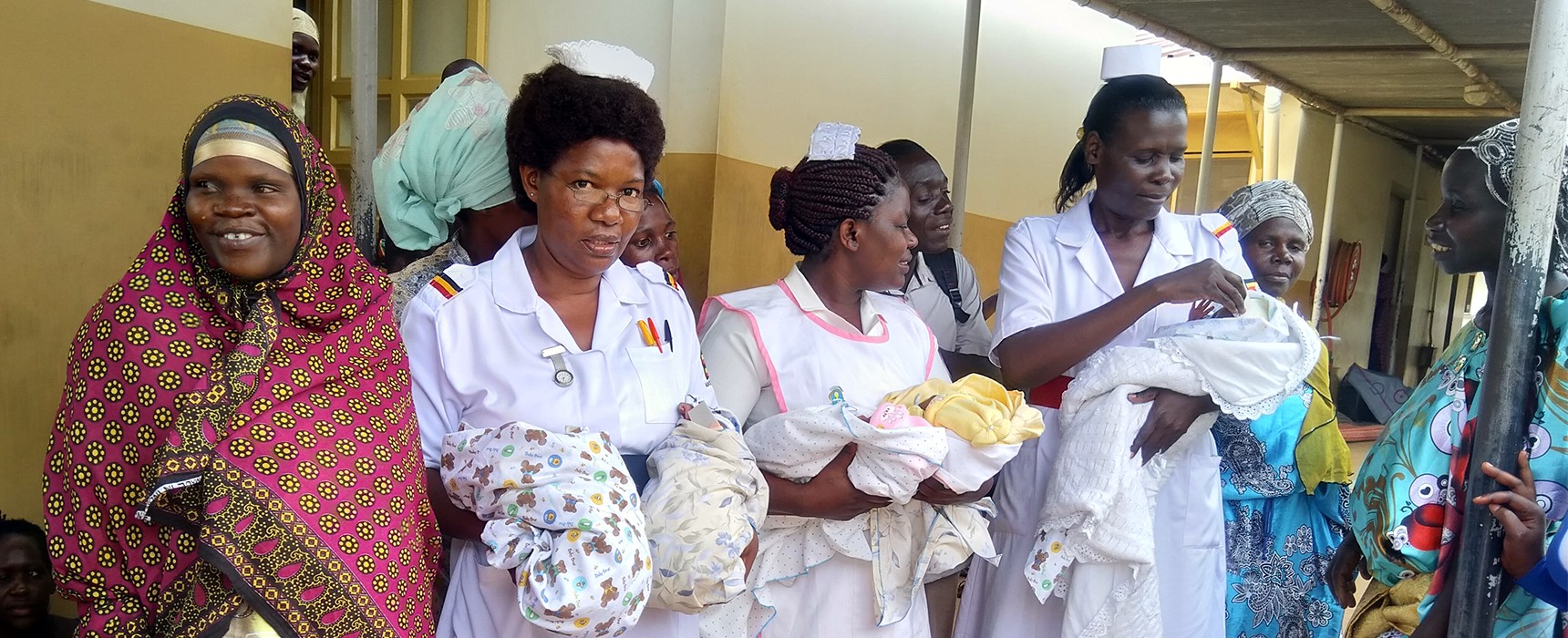Published By BHF | March 30, 2025

By: Dr. Mary Goretty Kuteesa. Paediatrician and research fellow at Makerere University Lung Institute, A student at Kenya Medical Research Institute for Health Journalism and Public Health Communication
Household air pollution (HAP) is responsible for 4 million deaths a year and is the largest environmental risk factor for disease globally. HAP Accounts for over half of childhood pneumonia deaths (one of the largest causes of death in children under 5 years) and second largest environmental risk of noncommunicable disease in women of developing countries (WHO 2016).

The government of Uganda has put in place initiatives and policies to aid and increase adoption to clean energy use and these include; National Integrated Clean Cooking Strategy (NICCS): where Uganda is working with various partners to promote cleaner cooking options including distribution of start up package/kit for LPG to the communities and evaluate if this will enable them to transition to cleaner fuels.
Electricity regulatory authority reduced domestic tariffs, the cost was reduced from Ush 796.4 in the fourth quarter of 2024 to now Ush 775.7 per unit for other domestic consumers so as to enable the public use electricity for cooking. This applies to customers who consume more than 100 units of electricity in a month as it is assumed that some will be used for cooking purposes. However, not everyone can afford to load 100units at ago, thus the public still finds electricity expensive.
The government has also promoted the production of clean cook stoves which produce less emissions and also improve efficiency, thus reducing health risks and environmental impact.
What is solid fuel energy
Solid fuel energy is the type of energy that is derived from burning solid materials like wood, coal and biomass. The examples include wood and charcoal. These give off emissions that are dangerous to the human body in different ways.
Results from house hold interviews
We conducted 10 household interviews in the urban center of Uganda (Kampala) and found out that 90% of the households were actually using at least one source of solid fuel, mainly charcoal. 80% of the participants used Gas (LPG) but this was more of an alternative but the main source of fuel use was charcoal.

The reasons for transitioning to clean energy included convenience, safety, time saving, while barriers for transitioning to clean energy included high costs, indicating that electricity and LPG are expensive, while some mentioned that solid fuel energy can be convenient when it comes to cooking for large families and tough meals that take long to get ready like meat as these would waste a lot of energy fuel if someone was to use LPG/electricity. None of the households transitioned due to health-related reasons.
I was privileged to interview a clean Air Africa (CAA) expert, Dr. Rebecca Nantanda who is a Paediatrician and research scientist from Makerere University lung institute. She is also a country PI for CAA. She noted that the mostly used energy fuel in Kampala is Charcoal, and that transitioning is probably less than 5% and that mostly people are transitioning to LPG because charcoal has become expensive in the country
However, there is need to find out if people are actually transitioning to clean energy or the clean energy fuel is actually being used as an alternative to prepare a few meals and the dominant fuel is actually the solid energy.
Masupa enterprises that deals in production of clean cook stoves holds trainings for the public so that people can be sensitized about use of the clean cook stoves and how to make briquettes from waste products, and these produce less emissions. Ms. Rebecca Namuyanja recounts that peoples’ mindset is key in accepting transition and many are resistant and prefer to use what they have been used to instead of transitioning to something new.
Dr. Rebecca Nantanda, re-echoes that,




